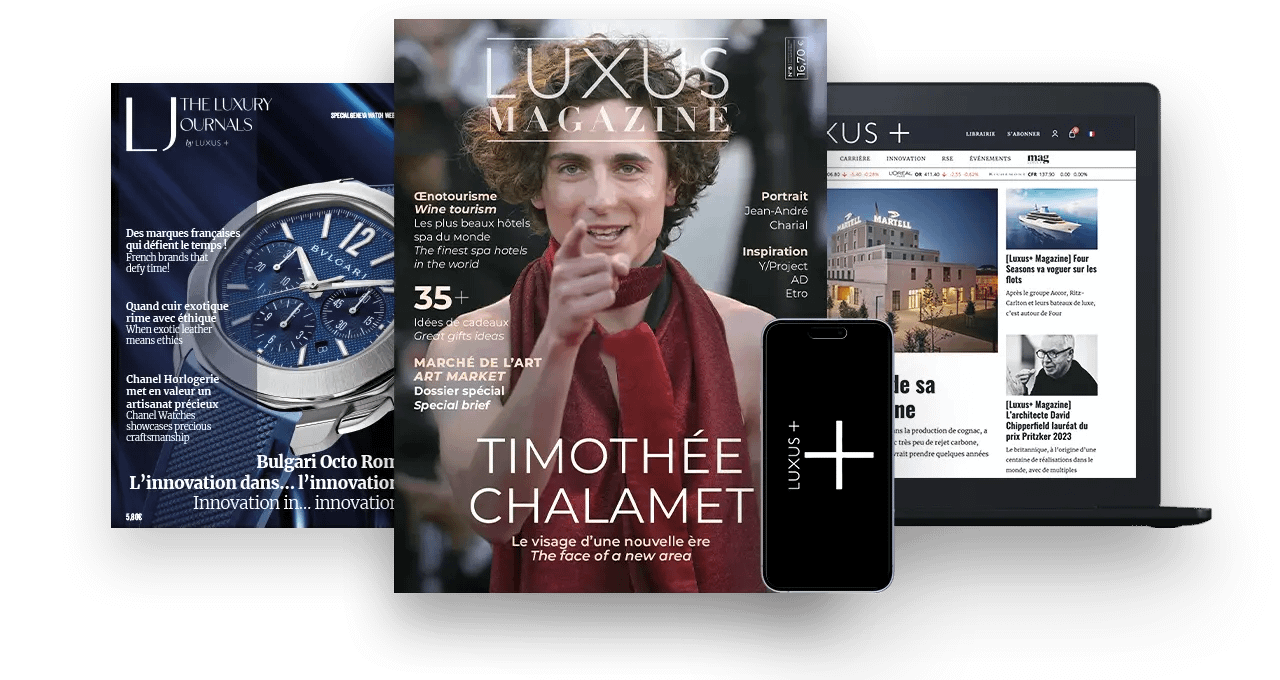The Paris Stock Exchange closed in the red on Monday, following the weekend attacks on Israel. The economic situation has also become more complex with the slowdown in sales in China, which directly affects luxury stocks in France.
On Monday, the Paris Stock Exchange had a cautious day, recording a loss of 0.55% due to two major factors: the rise in oil prices linked to the Hamas offensive against Israel and concerns about the Chinese slowdown.
The same trading session in Paris was heavily influenced by fluctuations in the oil market. Barrel prices experienced a substantial increase, exceeding 5% in response to the Hamas offensive. The North Sea Brent barrel reached $87.86, while the American WTI barrel rose to $86.15.
This increase in oil prices raises concerns about inflation, as explained by Nicolas Budin of Myria AM: ‘This rise in oil prices has implications for inflation.’ It comes at a time when investors are already tense due to the prospect of high long-term interest rates.
However, the CAC40 rebounded on Tuesday and returned to positive territory. The flagship index recorded a +1.50% gain at 2:00 PM, reaching 7,128.36 points.
Economic and geopolitical influences
The Hamas offensive against Israel has led to an escalation with tragic human losses on both sides. Since the start of the Hamas attack on Saturday, more than 900 Israelis have been killed and 2,616 injured, according to the military. On the Palestinian side, 687 people have been killed and 3,700 injured, according to local authorities. While not a new conflict in itself, this has generated additional uncertainties in the markets. These events are having an impact on investor psychology, notes Nicolas Budin.
Furthermore, the coming week will be characterized by two major events in the United States. On Wednesday at 6:00 PM GMT, the Federal Reserve will release the minutes of its latest meeting, while on Thursday at 12:30 PM GMT, the Consumer Price Index (CPI) for September will be unveiled. The CPI is a widely followed indicator by the Fed in its monetary policy, aiming to maintain inflation at a rate of 2%.
China’s impact on luxury
But economic prospects are also influenced by the Chinese slowdown. While the luxury sector had a promising start to the year, the STOXX Europe Luxury 10 index, which includes the top 10 European companies in the sector such as LVMH, Kering, or Richemont, recorded its largest quarterly decline since 2020.
The index has lost about $175 billion in value since late March. ‘The sector has depreciated significantly over the past two or three months due to the combined effects of rising interest rates, investor positioning, and anticipated profit reductions,’ said Bernard Ahkong, co-director of UBS O’Connor Global Multi-Strategy Alpha.
Read also>[STOCK MARKET UPDATE] GLOBAL STOCK MARKETS SUBDUED DUE TO THE FED’S INTEREST RATE HIKE
Featured photo : ©Shutterstock






































